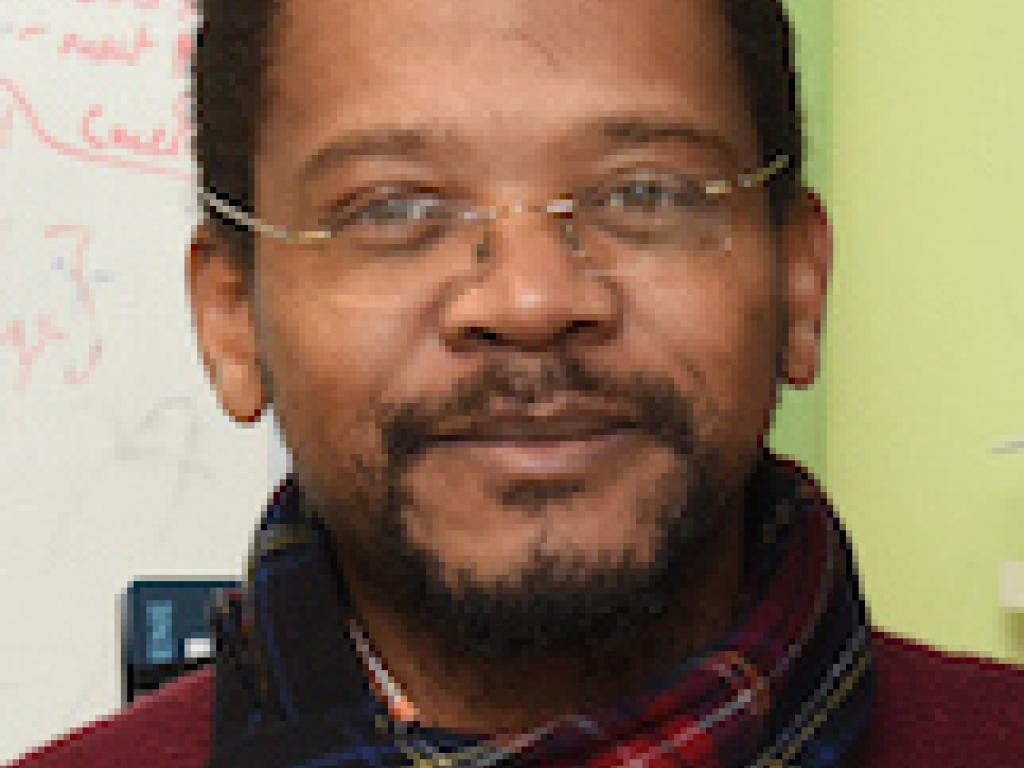Ambroise Wonkam awarded major grant from African Academy of Sciences

Professor Ambroise Wonkam from the Division of Human Genetics, UCT, and a Member of the IDM, has been awarded a $2.067m grant from the African Academy of Sciences for the 5 year project ‘Hearing Impairment Genetic Studies in Africa’ (HI-GENES Africa). This project is also supported by a grant from the NIH under the H3Africa program.
The award is part of a bigger African Academy of Sciences award programme promoting south-south collaboration through the Human Hereditary and Health in Africa (H3Africa) programme. Four leading African researchers have been awarded funds for cutting edge research to accelerate the use of genomics, in order to better understand how the environment and human genes influence the susceptibility of Africans to certain diseases and their response to treatment. The awards represent the first H3Africa disbursement through the Alliance for Accelerating Excellence in Science in Africa (AESA) together with Wellcome Trust funding.
Wonkam leads the South African project which will seek to identify genes that cause non-syndromic hearing loss (a loss of hearing that is not associated with other signs and symptoms). Wonkam said: “Studying the genetics of hearing impairment (HI) requires large numbers of people from diverse communities, for more effective results. We will research the largest sample of sub-Saharan Africans from Cameroon, Mali, Ghana, and South Africa using Whole Genome Sequencing (WES) to better understand the genetic aetiology of non-syndromic hearing impairment in African populations.”
HI has a major impact on an individual, since it can modify interpersonal communication, language acquisition, speech, cognitive skills and psychosocial development. Uncovering genes, which are involved in hearing, can greatly increase the understanding of the mechanism of hearing.
HI-GENES Africa has high public health significance in particular for minority populations, since it will improve genetic screening and in the future prediction of cochlear implant and treatment outcomes in sub-Saharan Africans, African-Americans and Hispanic-Americans of African descent.
Wonkam will be joined by Dr Emile Chimusa, Division of Human Genetics (bio-informatician), as well as colleagues from Wits University, the University of Bamako, University of Ghana University of Yaoundé, Baylor College of Medicine (USA) and Kings’ College London (UK).
Wonkam’s research interests focus on sickle cell disease, hearing impairment and incidental findings in genomic research in Africa. He won the competitive Clinical Genetics Society International Award for 2014 from the British Society of Genetic Medicine; and is Secretary of the African Society of Human Genetics, board member of the International Federation of Human Genetics Societies, council member of the Human Genome Organization, and steering committee member of the Global Genetic Medicine Collaborative.
